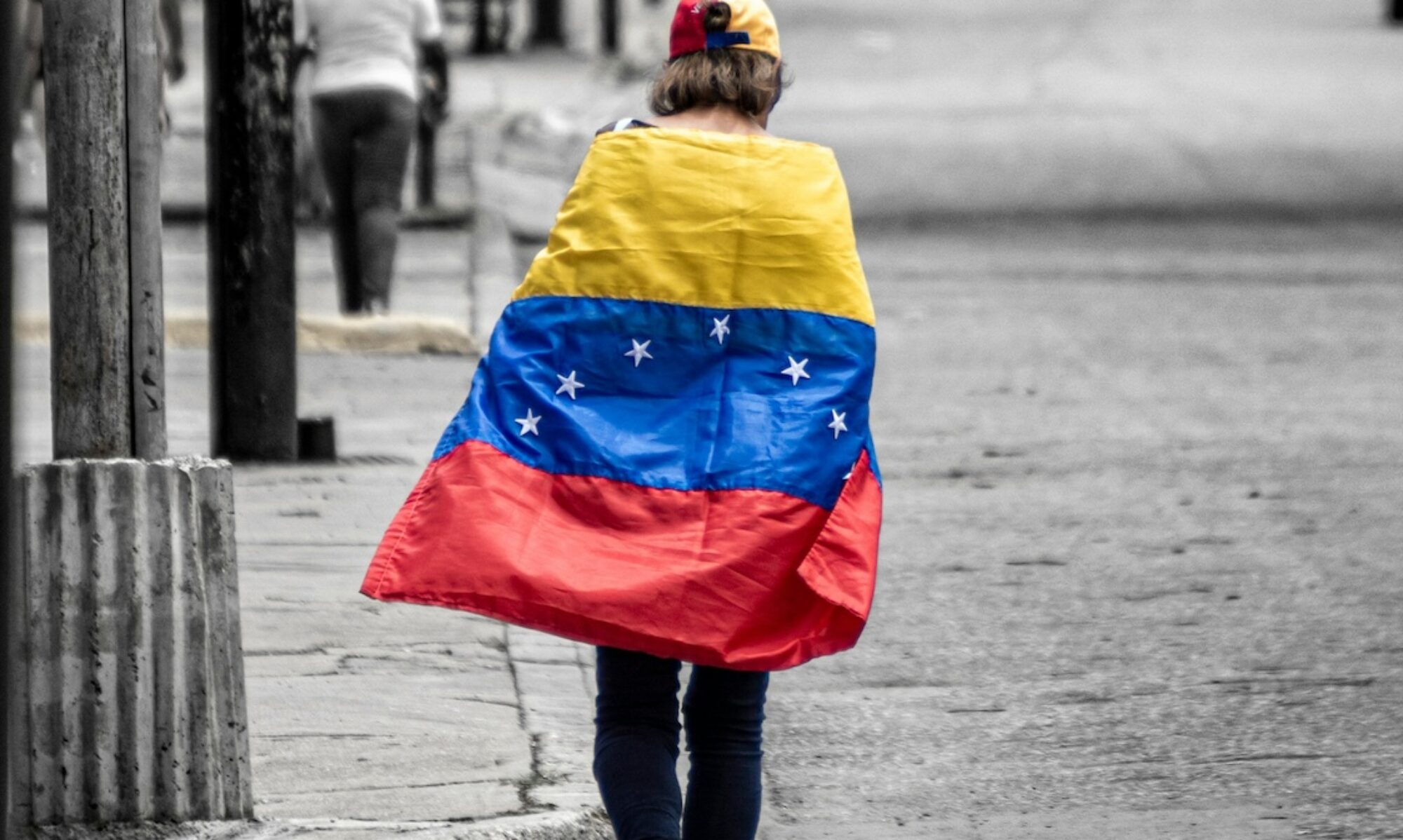What a wild world we live in. It’s no wonder more and more people admit to keeping their “head in the sand.” When it comes to paying attention to the socio-economic-political landscape, the stories can feel overwhelming—full of contradictions and inconsistencies. One year a person is adamantly for or against something; then leadership changes, and suddenly so do the positions. What people support or oppose often seems to shift depending on who is making the decisions.
Because of this, it’s hard to know whether what we’re hearing is a reliable perspective. Those inconsistencies often offer a window into just how uncertain that reliability may be.
With the latest wild world event—the capture of perceived illegitimate Venezuelan President Nicolás Maduro last Saturday—there’s no doubt it has caught much of the world’s attention, even among the sand-buryers. Still it can be challenging. It’s challenging when people lead by telling us how to think, proclaiming how right or wrong an action is regardless of what they may have said previously. In other words, our advocacy or opposition should depend more on what actually happened than on who made it happen. That’s why the reliability of reporting and perspective is so often in question.
The following voices, however, seem particularly reliable—offering thought-provoking questions and insight.
From retired General David Petraeus:
“Frankly, first of all, I’m pleased to see Nicolás Maduro brought to justice. He was obviously a brutal, murderous dictator who did enormous damage to his country—and to the world, really—through his narcotrafficking activities and so forth. It’s also an extraordinary demonstration of U.S. military capabilities.
Our forces demolished the supposedly sophisticated Chinese and Russian air and ballistic missile defense systems of which Maduro was so proud. We had 150 aircraft launched from 20 different locations—the coordination, the synchronization, the rehearsals for this and, of course, conducting all this with law enforcement, with the DEA, FBI, Justice Department, and so forth. It was very similar to the operation that brought Osama bin Laden to justice, as well as other al-Qaeda and Islamic State leaders over the years.”
From The Washington Post Editorial Board:
“There are also legitimate legal questions about the operation, though Maduro was viewed as a criminal by both Trump and Biden, who raised the reward to $25 million for information leading to his arrest. Sen. Mike Lee (R-Utah) said Secretary of State Marco Rubio called him Saturday to say that Trump had the right to act as commander-in-chief. No doubt this debate will continue, and it’s good for democratic hygiene to scrutinize the decision.
With tough decisions coming and many obstacles ahead, it’s fair to look forward. Yet it’s also fair to celebrate. For years, Maduro was a symbol of the false warmth of Latin American collectivism. Now he should spend the rest of his life in a humane American prison. His downfall is good news.”
From Steve Inskeep, host of NPR’s Morning Edition:
“Six questions about the capture of Maduro:
Who is in charge of Venezuela today?
Who will be in charge in a month?
Can the U.S. force a change in government?
What do the Venezuelan people do?
How do Russia and China use this example?
Does this signal a new focus for the United States?”
[You know I always appreciate people asking good questions. Asking us what to think, rather than telling us how to think is always honorable and wise.]
Welcome to the new year, friends. What a wild world we live in.
Respectfully,
AR
